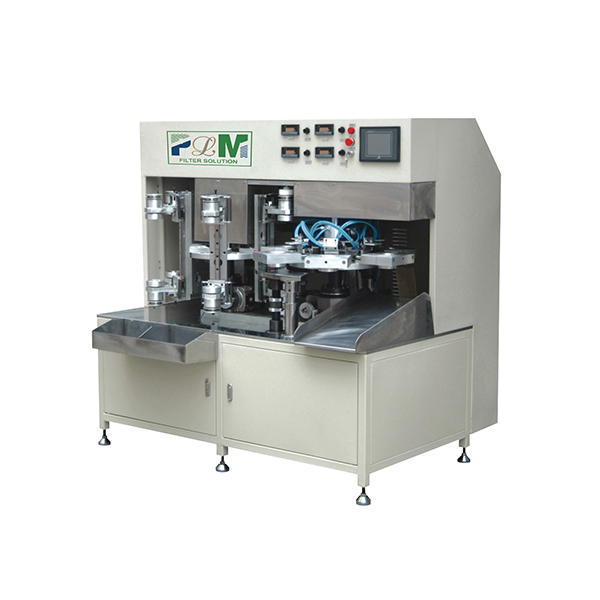Sep . 01, 2024 04:11 Back to list
fuel filter products
Understanding Fuel Filter Products Essential Components for Engine Efficiency
Fuel filters are critical components in the fuel systems of vehicles and machinery. Their primary function is to remove contaminants from the fuel before it reaches the engine. This is vital for maintaining optimum engine performance, prolonging the life of engine components, and ensuring fuel efficiency. In this article, we will explore the importance of fuel filter products and how they contribute to the overall health of your vehicle's fuel system.
Fuel filters are designed to trap dirt, rust, and other impurities that can accumulate in the fuel tank over time. These contaminants can originate from various sources, including the fuel itself, the tank, and even the fuel lines. Left unchecked, they can cause significant damage to the engine, leading to costly repairs and reduced performance. Therefore, investing in high-quality fuel filter products is essential for any vehicle owner.
One of the primary types of fuel filters is the inline fuel filter, which is typically installed between the fuel tank and the engine. This type of filter is effective at catching large particles and preventing them from entering the fuel lines. Another common type is the canister fuel filter, which often incorporates additional features, such as the ability to separate water from diesel fuel. This is particularly important as water can cause severe issues in diesel engines, leading to corrosion and decreased engine efficiency.
fuel filter products

When selecting a fuel filter product, several factors should be considered. First, it is crucial to ensure that the filter is compatible with your vehicle's make and model. Different engines require specific filter types to function effectively. Additionally, filtration efficiency is a key metric; a filter with a higher efficiency rating will trap smaller particles, providing better protection to the engine.
Another important aspect is the frequency of replacement. Most manufacturers recommend changing the fuel filter at regular intervals—typically every 10,000 to 30,000 miles. However, driving conditions and fuel quality can influence this schedule. Regularly replacing the fuel filter can help prevent issues such as clogged injectors, rough engine performance, and decreased fuel economy.
In conclusion, fuel filter products play a vital role in maintaining the performance and longevity of your engine. By selecting the right filter and adhering to a regular replacement schedule, vehicle owners can ensure that their fuel systems operate smoothly and efficiently. Investing in quality fuel filters is not just a maintenance step; it’s a proactive measure to safeguard your engine and enhance its overall performance.
-
OEM PLXB-1 PU Pack Trimming Machine - High Precision, Durable, Cost-Effective Solutions
NewsJun.10,2025
-
High-Performance In Line Fan Filter Trusted In Line Fan Filter Company & Products
NewsJun.10,2025
-
High-Efficiency Water Filter Making Machine Reliable Companies & Products
NewsJun.10,2025
-
Premium Metal Fuel Filter Durable & Efficient for Engine Protection
NewsJun.10,2025
-
Premium OEM 304 Rimmed Filter Disc Custom Stainless Steel Filters
NewsJun.10,2025
-
China PP Air Filter Production Line Automated & High-Efficiency Solutions
NewsJun.10,2025
